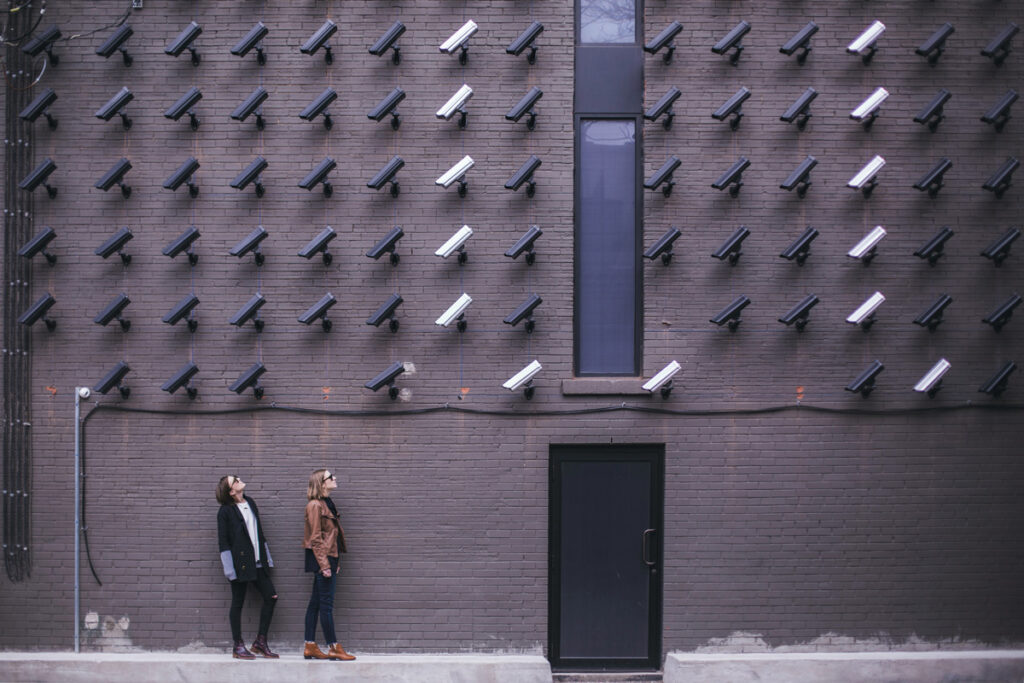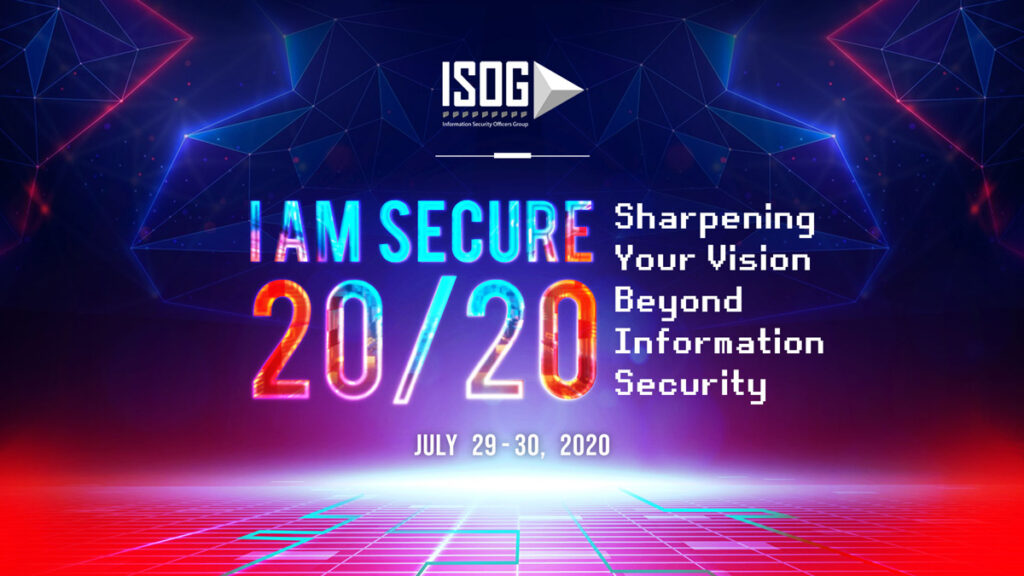Safe and Sound : The real meaning of security in the digital age
by Elton Gagni / July 30, 2020
In today’s fast-paced world, businesses are making rapid movements to boost operational productivity and service delivery by integrating the latest technologies, more so with the current pandemic. While many see this as an opportunity to drive their business growth, it only stresses the importance of awareness of information security and cybersecurity.
Oftentimes, people get confused about information security and cybersecurity because many use them interchangeably. According to IFSEC Global, information security refers to the protection of all information and prevents unauthorized access, misuse, destruction or disruption of data. Meanwhile, cybersecurity refers to the protection of electronic data from unauthorized access (i.e. hacking and corruption of data) gained through cyberspace.
In a nutshell, information security pertains to protection of the data itself be it physical or digital while cybersecurity pertains to protection of assets in the digital space from different cyberattacks.
A report released by security company Palo Alto Networks examined the current state of cybersecurity in ASEAN. It revealed that 46% of companies surveyed across the region have actually increased budget allocation for cybersecurity in 2019. In the Philippines, 54% of surveyed companies followed suit in terms of cybersecurity investments. The organizations involved cited that the investment was due to growing volume and increasing sophistication of cyberthreats, needed upgrade of existing security framework, and result of risk management assessment among others.
Considering the impact of COVID-19 on businesses and industries, Market intelligence provider International Data Corporation (IDC) revealed in its COVID-19 Tech Index that spending on tech may be lower in 2020. However, the case may just be different in the Philippines.

As Philippine industries and businesses have been severely affected by the health crisis, many have turned to technology and the digital space as a means of moving forward. From embracing remote work with digital tools to maximizing use of social media to promote products and services, the Filipino spirit remains unwavering in finding ways to make do with what they have.
During a webinar hosted by the Government-Academe-Industry Network, Inc. (GAIN), the Department of Information Communications Technology (DICT) enumerated various initiatives to continue productivity despite the health crisis, and these include the National Broadband Program and Free WiFi for All in Public Places and State Universities and Colleges Program, and the Government Emergency Communications System. The Department of Education (DepEd) has also been actively communicating investments in technology for the rollout of blended learning. Even the Department of Tourism (DOT) has partnered with various tech companies such as Grab and Talino Venture Labs to keep the sector alive.
While these innovations are indeed worth celebrating, cybersecurity firm Kaspersky conducted studies in 2019, where Philippines ranked as the seventh most attacked country by cyber threats in the world and third as the most Android malware attacked country in Southeast Asia.
Clearly, efforts must be done to further educate Filipinos on what information security and cybersecurity are. With the migration to digital continuously growing in the country, it only heightens the need for more awareness and understanding among businesses and consumers to better protect themselves and their respective information from any threats.
In an interview with McKinsey Digital on “threatscape” posed by greater use of technology, JPMorgan Chase Chief Information Officer of Global Technology Infrastructure George Sherman said, “With new technology and connectivity platforms, many of our older security paradigms are being stressed. In the past, you could get away with not having the most robust identity or authorization constructs and authentication and authorization metrics. This is no longer the case, as the dynamic nature of these modern technologies requires dynamic management of the trust chain.”
“If you add to this the complexity of the multi vendor cloud environments connecting into our companies, you must have a strong understanding of the ‘threatscape’ and how you deal with cybersecurity issues. Everyone within the organization must understand that cybersecurity is non-negotiable. We have to get it right all the time,” he added.
Luckily, the Philippines’ Information Security Officers Group (ISOG) recently hosted the I AM SECURE 20/20 virtual conference this July 29-30, 2020. With this event, ISOG primarily aims to educate and increase awareness among Filipinos, especially Chief Information Security Officers (CISO), on information security practices, proper response on various incidents, and intelligence sharing on critical information to counter cyberattacks, and help everyone be adaptive to the ever-evolving business environment.
Thought leaders from local and global organizations shared how a culture of information security can be attained despite enforced work-from-home operating schedules and social distancing rules for the workforce. The conference also featured relevant knowledge and insights on quickly adapting information security practices and creating fail-safe security environments to engage, establish, equip, and empower various stakeholders across the country. Other key topics that the conference covered are threat intelligence and landscape in 2020, biggest cybersecurity risks for businesses, and the value of building security culture.

The global landscape is indeed changing and this pandemic has only propelled us all forward. But as new tech and threats come in, it only highlights the need for stronger support, infrastructure, and knowledge to help create a more digital Philippines.

Image Source: @jefflssantos | unsplash.com


